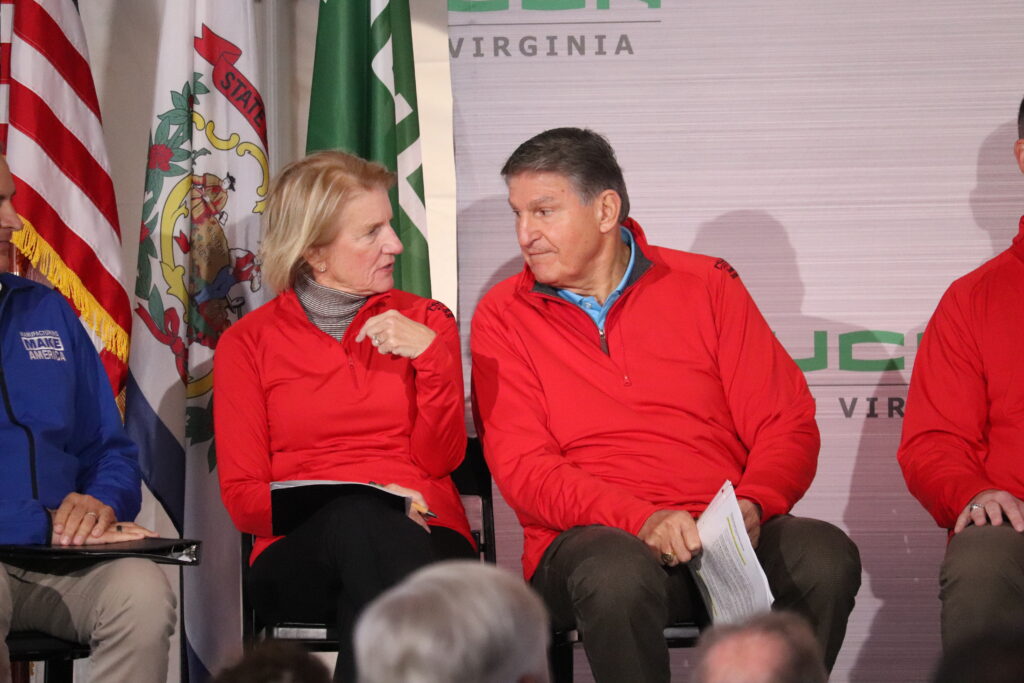Rushing Downhill On Mountain Coaster In Mercer
There's a new roller coaster in West Virginia. It's a mountain coaster in Mercer County at Brush Creek Holl’r, just off I-77, not far from Winterplace Ski Resort.
Continue Reading Take Me to More News
The U.S. Environmental Protection Agency issued its final rule to limit carbon dioxide emissions from power plants Thursday, and the reaction from state officials was swift.
West Virginia Attorney General Patrick Morrisey said he’d take the case to court. Republican U.S. Sen. Shelley Moore Capito said she’d introduce a repeal resolution in the Senate. Democrat Joe Manchin, who’s not running for re-election, said he’d support her measure.
Regardless of whether the rule stands or falls, the standards it sets could happen anyway.
Morrisey was successful in his bid to block President Barack Obama’s Clean Power Plan. The U.S. Supreme Court sided with him in West Virginia v EPA two years ago.
The policy never took effect. But as Amanda Levin, director of policy analysis for the Natural Resources Defense Council, points out, the goals it set were met, and earlier than planned.
“That was also a rule at that time, there were concerns about whether or not the power sector would be able to achieve it, and it ended up achieving those standards 11 years early, even though the rule was stayed,” she said.
Now, as then, critics of the rules, including some in the electric power sector, say they can’t be achieved. Manchin points to the 2021 winter storm in Texas that caused deadly power outages.
“We saw what happened in Texas, how many people’s lives were lost, how much was disrupted in the economy, went to heck in a handbasket down there when their gas lines froze up.” he said.
The failures in Texas, and more recently in the eastern United States in late 2022, were mostly of fossil fuel infrastructure, especially natural gas. Renewables and battery storage helped hold the Texas power grid through last summer’s heat.
Levin says the new EPA rules come at a time when electric utilities are rapidly building wind, solar and battery storage. They’ve already surpassed coal and even nuclear.
“Clean energy sources are now the cheapest and fastest growing source of new power generation,” she said.
Even West Virginia is building more solar and will soon begin building storage batteries.
Mon Power activated the largest solar facility in the state in January in Monongalia County and is building another one in Harrison County.
Form Energy is building a long-duration storage battery plant in Weirton. Other companies coming to West Virginia, including steelmaker Nucor, wanted access to renewable power.
Phil Moye, a spokesman for Appalachian Power, which operates three coal plants in West Virginia, says the company is looking at the EPA rules to see how they affect plant operations and future investments.
“The development of new dispatchable generation resources and storage technologies will be critical in determining how quickly the industry can meet the requirements of the new rules,” he said.
Appalachian Power is an underwriter of West Virginia Public Broadcasting.